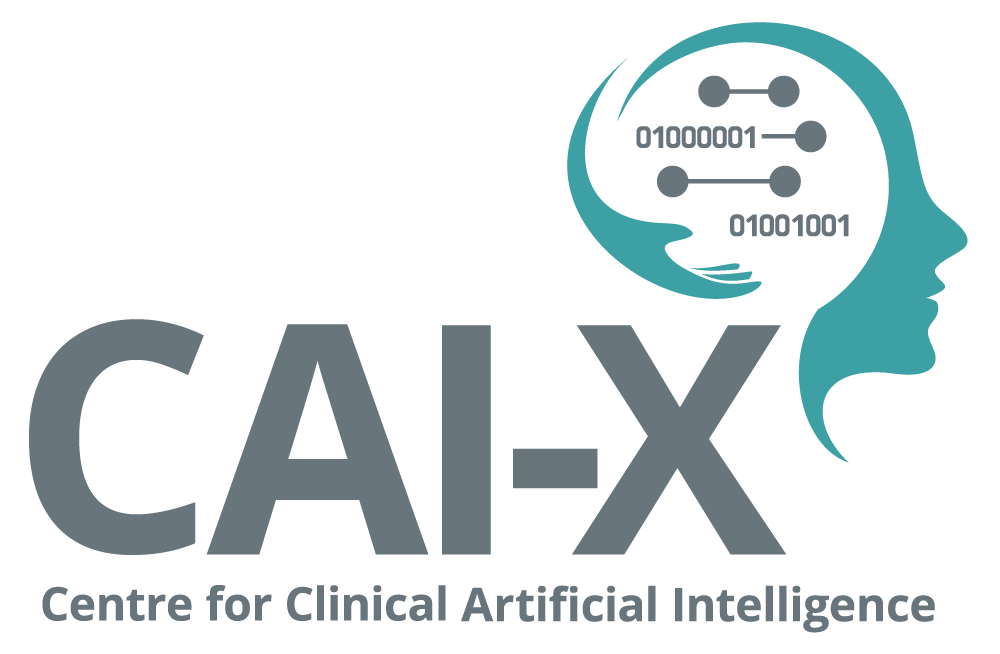AI for rheumatoid arthritis
The project is a branch of the automated ultrasound scanning robot RoPCA, which will ensure a systematic and uniform method to perform ultrasound scans, thereby ensuring physicians the best possible starting point for the determination of treatment. Such systematic scanning is not possible today due to inaccuracy in human performance.
Project period
Start: 2017
End: 2020
Aim
The project aimed to develop a robot system for early detection and monitoring of rheumatoid arthritis (RA).
The project would address scanning of the patient by a new approach in medical automation. The project used Programming by Demonstration (PbD) to programme the scanning motion of the robot. By using PbD to encode the scanning motion of the ultrasound probe, the project would be able to transfer the scanning skills from the highly trained physicians to the automatic solution.
Results
The project resulted in the robot platform ARTHUR (Rheumatoid Arthritis Ultrasound Robot), which interacts directly with the patient. ARTHUR captures high quality ultrasound images of 11 joints per hand, 10 finger and one wrist joint, in both grayscale as well as colour. The robot uses AI, trained on thousands of ultrasound images labelled by expert rheumatologists, to capture the images, ensuring high quality and consistency.
Participants
- The Department of Internal Medicine and Acute Medicine at OUH Svendborg
- The Maersk Mc-Kinney Moller Institute, SDU
- Centre for Clinical Robotics (CCR)
Funding
The project was anchored in the company RoPCA Holding Aps. Read more about the ultrasound scanning robot on their website.

Søren Andreas Just
Chief Physician
Odense University Hospital, Department of Internal Medicine and Acute Medicine
(+45) 63 20 25 06 soeren.andreas.just@rsyd.dk

Thiusius Rajeeth Savarimuthu
Research Manager - Professor
Centre for Clinical Robotics (CCR). University of Southern Denmark, Maersk Mc-Kinney Moller Institute
(+45) 24 40 95 45 trs@mmmi.sdu.dk
